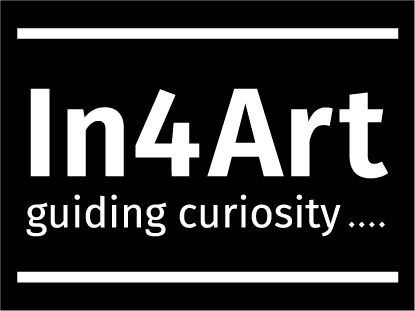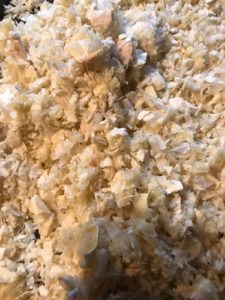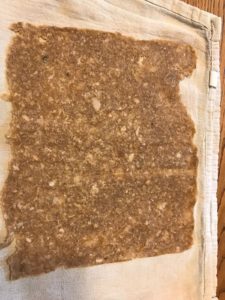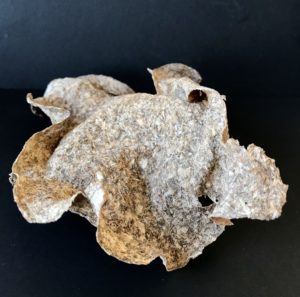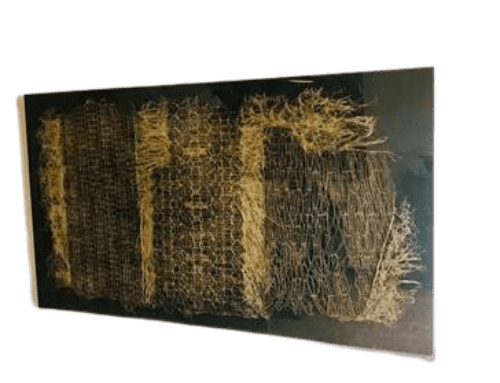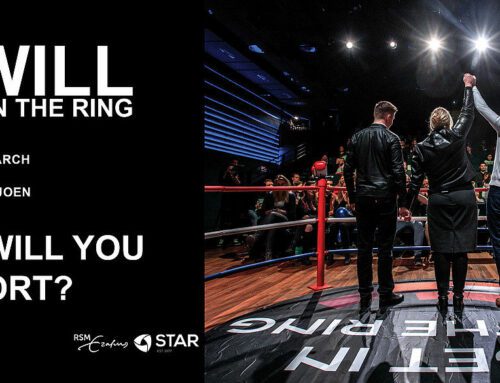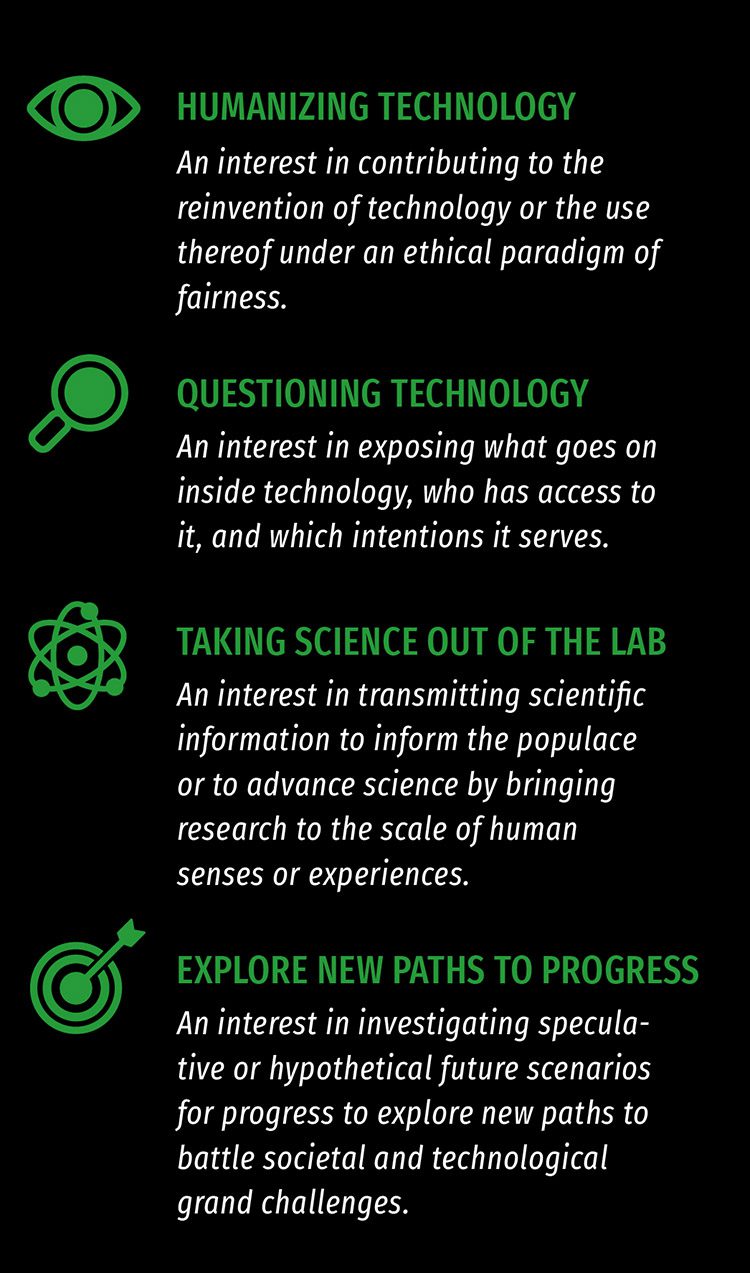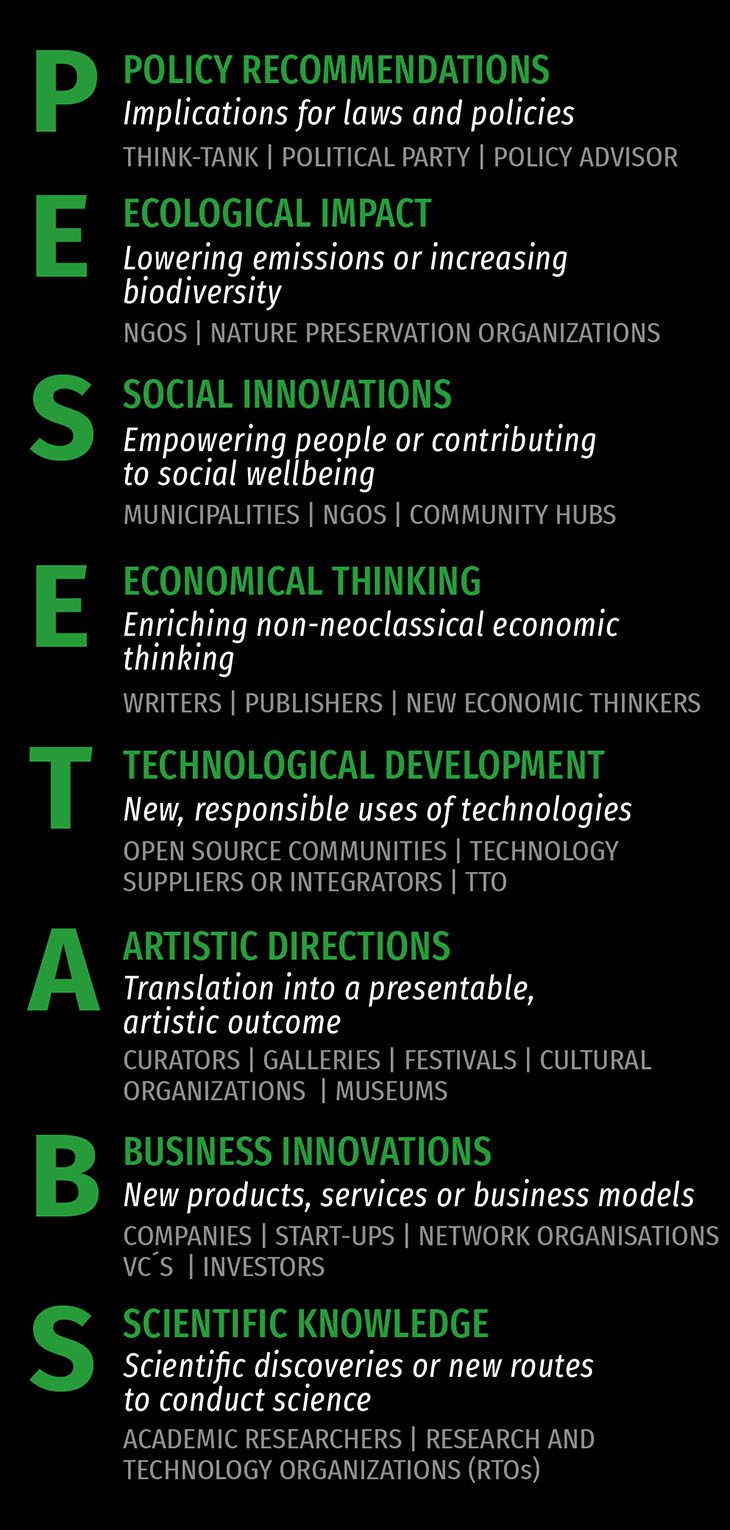Urban Peels
Urban Peels is a project that runs from September 2019 until January 2021. It started with a pilot phase – the pilot project Spicy Case – in which a test batch of 200 boxes was produced and delivered to early adopters. Afterwards, from March 2020 onwards, the project continued as Urban Peels, to commit to the unique elements of eliminating food waste and using fruit peels in an upcycling process. The ambition is to contribute to a local system, empowering consumers to use sustainable products. This concept was nominated for the ‘I Will Award’ in 2020.
Fruit peels as healthy seasoning
Urban Peels [UP] is a responsible food innovation that uses the waste of fruits, like orange peels, to create new products for human consumption. We need to be careful with our natural resources, in this case food, and we need to make sure that we use them to their maximum potential. Peels are a valuable source of vitamins and antioxidants but are considered as waste. Urban Peels asks: how can we contribute to a healthier and better food consumption, while reducing waste? Urban Peels introduced a new food product and experience, the dried peel block, to allow any cook to easily use fruit peels as seasoning and incidentally add vitamin nutrients to the dish.
- The prototype UP Dried Peel Seasoning Block
- The Chistmas Packaging from the Spicy Case pilot (first pilot)
Urban Peels is the continuation of the pilot project Spicy Case, which ran from September 2019 until February 2020. With Spicy Case, we conducted a pilot to validate the artistic idea called A New Design Habit by Cecilia Polonara to strive for a future of package-free spices.
Reaching for the top
To make it a true responsible innovation, the pilot needed to be adjusted. It had to have a mission, in which we would eliminate all food waste and produce the products locally. Our goal is to reach the top of the Moerman Ladder by turning food waste into human food while preventing waste after consumption, thereby contributing to a healthy, circular economy. This change in goals also required us create a product with multiple objectives. As a flavouring instrument, the product can be used for many different drinks and meals. This led to experiments with making tea.
A fruit is generally made up of three different layers: the flesh, the mesocarp and the skin or peel. For each element, we need to have a valuable outcome, aiming for the maximum upcycling into food for human consumption. The flesh can be consumed directly or as a juice. The peels we could transform into nutrients and add-ons. For the mesocarp, we experimented with making paper out of it.
- In4Art.eu | Lime pulp from waste before upcycling
- In4Art.eu | Experiment on creating paper from lime mesocarp pulp
- In4Art.eu | Paper made from upcycled lime peel waste materials
However, we also wanted our upcycling to be a sustainable solution. We therefore want to limiting the impact of transportation within the production cycle. We conducted a second pilot, together with local partners, to test various ways to upcycle the peel and the pulp into products for human consumption.
Public recognition
Urban Peels was nominated for the RSM ‘I Will Award’. Out of 100 registrations, Urban Peels was selected as one of the 3 finalists! See their webpage and the movie they released at https://www.rsm.nl/i-will/i-will-award/
Succesful steps in responsible innovation
We have made significant steps from concept to product through two rounds of pilots. We have proven that it is possible to upcycle fruit waste into these products, but we did encounter challenges. We want to have products that truly upcycle food waste and that leave nothing behind, making use of the whole peel. With Urban Peels we don’t want to settle for turning food waste into biomass or animal nutrition. We only focus on the best, eliminating waste by using the whole of the peel and turning it into foods for human consumption. To continue, we need to scale up the technology and to work with the challenging regulations for Food Safety.
Although UP is currently ‘on hold’, we are happy to see that other parties are working on upcycling organic peel waste: have a look at the story of PeelPioneers, Renewi and Jumbo.
Acknowledgements
Over the course of 2020, our research was supported by groups of students from the New Business Development Master elective at Rotterdam School of Management and from the Responsible Innovation Bachelor minor at Erasmus University, Leiden University and TU Delft. The second pilot was supported by Nature’s Pride, where we were able to conduct experiments with a batch of discarded lemons. Also we received advice from the Papierlab for our experiments with creating paper from pulp.
